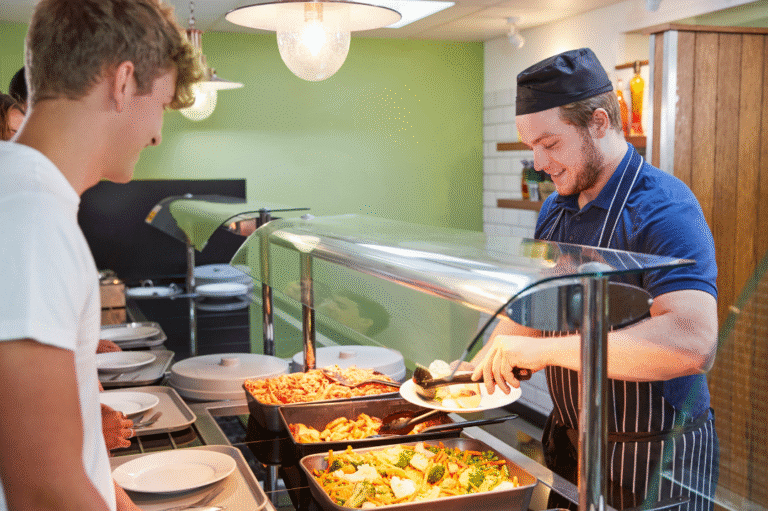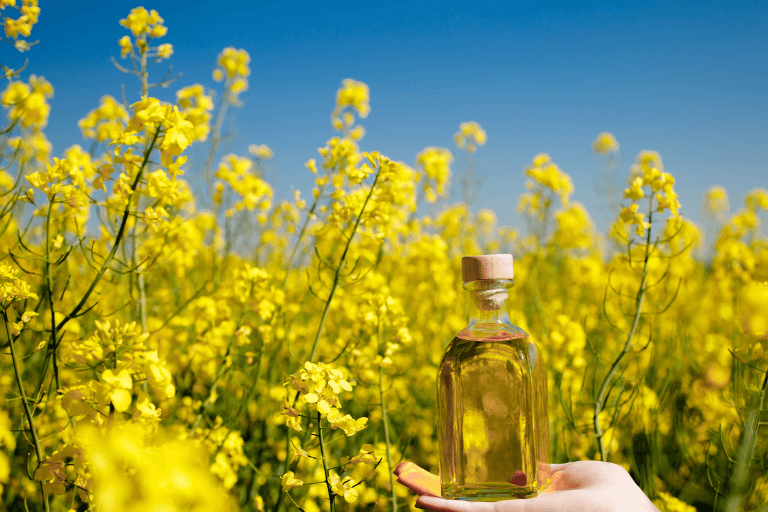Common store cupboard foods are among the healthiest foods you can eat. Recent research from the World Cancer Research Fund found 97% of Brits already owned the foods that could help prevent cancer. Cupboard staples that were most loved included tinned tuna and pasta.
Only one in ten Brits are aware that 40% of cancers could be prevented by lifestyle changes including diet, and 97% of Brits already own the foods that could help prevent cancer.
It’s time to have a look inside your kitchen cupboards to see what healthy ingredients you have. To get some ideas of how to use store cupboard ingredients, check out the World Cancer Research Fund’s Cupboard Hero recipe generator here.
Here’s some examples of healthy cupboard foods and a few ideas on how to use them.
Canned Tomatoes
Tomatoes are a source of vitamin C which supports the immune system and helps combat tiredness and fatigue. They are also the biggest source of lycopene, an antioxidant that has been linked to many health benefits including heart health. Processing and cooking tomatoes have been shown to increase lycopene levels making canned tomatoes even higher in this antioxidant than fresh tomatoes. Using canned tomatoes in soup is a great way to get some extra nutrients into fussy eaters, or blend them with other cooked vegetables to make a veg-packed sauce for pasta or a pizza topping.
Dried Red Lentils
Lentils are a great source of plant protein, beneficial plant polyphenols and antioxidants as well as being high in fibre, so they can make a very nutritious and filling meal. Red lentils cook really quickly and add a slightly sweet and nutty flavour to dishes. They work well in soups, stews and for making dahl. They are a great replacement for some, or all, of the meat in bolognaise dishes and provide useful amounts of iron and zinc, which makes it a great ingredient for vegetarians and vegans.
Canned Salmon
Omega-3 fatty acids from oily fish like salmon are beneficial for heart health, brain function and eye health. Even though the canning process reduces the omega-3s, canned salmon still retains enough for it to be considered an oily fish. It’s a great source of protein and also one of the few foods providing vitamin D as well as a range of essential minerals such as iodine and selenium. It’s a useful ingredient for making fishcakes or a frittata, or adding to a quick pasta dish, salad, or using as a sandwich or baked potato filling.
Dried Apricots
Apricots are a great way to increase your fibre, beta-carotene and iron intakes as they are rich in these nutrients. They can help sweeten breakfast cereals, granola or porridge and add a natural sweetness when making biscuits or scones. Apricots also work well in savoury dishes such as tagines or meat casseroles. I love adding a few chopped dried apricots to a red lentil soup. A serving of dried fruit is 30g.
Canned Chickpeas
Chickpeas are packed with beneficial nutrients such as iron, B-vitamins, zinc and selenium. They provide plant protein and fructo-oligosaccarides, a gut friendly fibre. Chickpeas are hugely versatile: try roasting them until crunchy and add your favourite spices to make a satisfying snack or add to soups and stews. Chickpeas are great for making hummus which you can use as a spread, dip or a sauce. Chocolate hummus provides a healthy sweet pairing for berries or to dip dried banana chips into.
Oats
A great fibre provider, particularly soluble fibre in the form of beta-glucan which helps reduce cholesterol and control blood sugar levels. Oats provide a number of essential vitamins like folate and vitamin B1, and minerals such as zinc, iron, potassium and magnesium. Porridge or overnight oats make a healthy breakfast providing a slow release of energy throughout the morning. They increase the fibre when added to a smoothie or a crumble topping, and work well in lots of baking such as pancakes and muffins.
For more practical tips and advice to help you save money on your food shop, reduce food waste and choose more sustainable foods, check out our e-book ‘Eat Well Handbook: Planning for health, pocket and planet’





